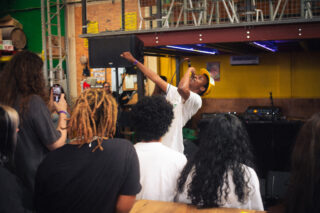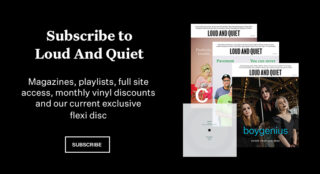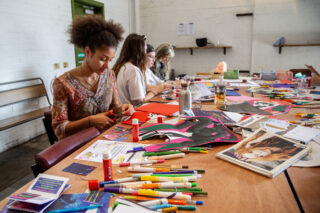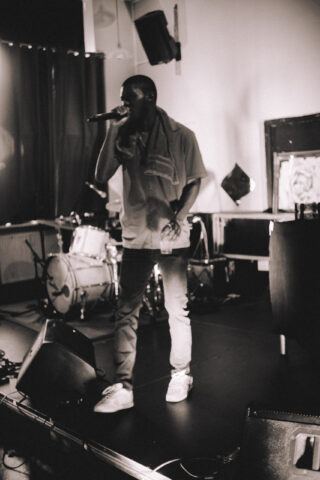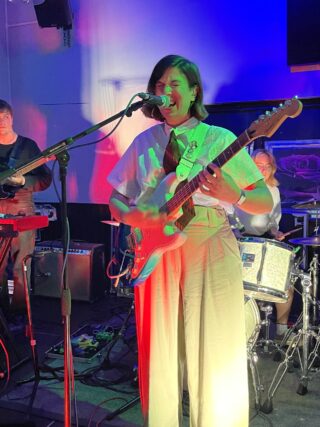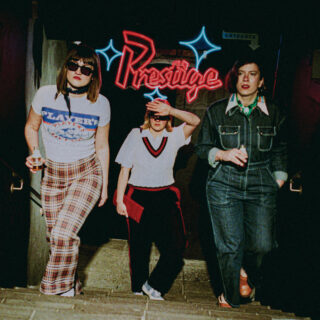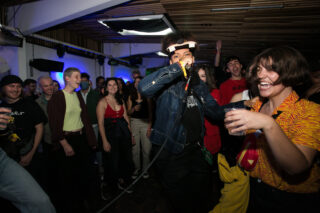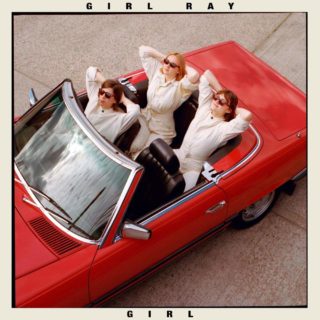Live music, though, was at the heart of the day. Wandering around the various venues that make up the Uplands Business Park, you’re confronted with live music of all shapes, sizes, flavours and formats, from the smoothed-out jazz of Peng Femme Jam and evocative alt-folk of Oscar Browne at Big Penny Social, to the obscure middle eastern jazz and club records pumping out from Beirut Groove Collective’s takeover of Signature Brew. Personally, the highlights come in the form of up-and-coming rapper JoeJas and experimental poet Isaiah Hull. The two sets couldn’t be more different but are both electrifying. Jas, bursting out of the tiny stage at Exhale Brewery, serves up a riot of party-style rap bangers filled with one-man stage dives, jokey crowd interactions and self-deprecating humour. On the other hand, Hull’s performance is a masterclass in studied intensity, with the Manchester-born, London-dwelling artist sat hunched over on a plastic chair, head covered by what looks like a child’s jacket. Accompanied throughout by a soundtrack of sinister industrial noise, his lyrics build and build throughout his relentless 45-minute set, eventually breaking into a remarkable emotional crescendo.
The main stage, such as it was, is at a place simply labelled ‘Caribbean Eatery’ on Google Maps. A squat 1970s warehouse that had a small bar and music inside and tables serving up jerk chicken, chickpea stew and rice and pea outside. It was here that the two headline sets of the day went off. First up was Denzel Himself [pictured below, left], and the South London-based experimental rapper didn’t disappoint. Introducing his set as a ‘collection of hardcore rap songs’ and decked out in metallic trousers and cowboy boots, he bounded through a set of punk-inspired hip hop that not only captivated the festival crowd but also managed to grab the attention of the off-shift Deliveroo drivers hanging around nearby. Defiantly unconventional, between each song, he allowed everyone a short, eight-second water break (“You’ve gotta remember to hydrate,” he tells the crowd; “hashtag hydration”). As the set comes to an end, Denzel commands the crowd to either “dance, or don’t dance, hashtag BodyAutonomy” and promptly leaps off the stage and performs the song patrolling the centre of the dance floor like a security guard. As the last notes sound, Denzel Himself simply throws down the mic, collects a gym bag from behind his equipment and stalks out of the front door, leaving behind a wall of distorted noise and a room of people simultaneously confused and amazed.
After a short break, the festival closed with a set from up-and-comers Girl Ray [pictured below, right]. In complete contrast to the brooding, head-scratching intensity of Denzel Himself, their set is a riot of disco-inflected dance-floor grooves and cheery pop melodies that almost anyone can get on board with. Sure enough, it takes the North Londoners about two songs to get hip-shaking down the front, and by the time the four-piece launch into ‘Everybody’s Saying That’, the venue has descended into groups of people all doing their best embarrassing dad dances.




